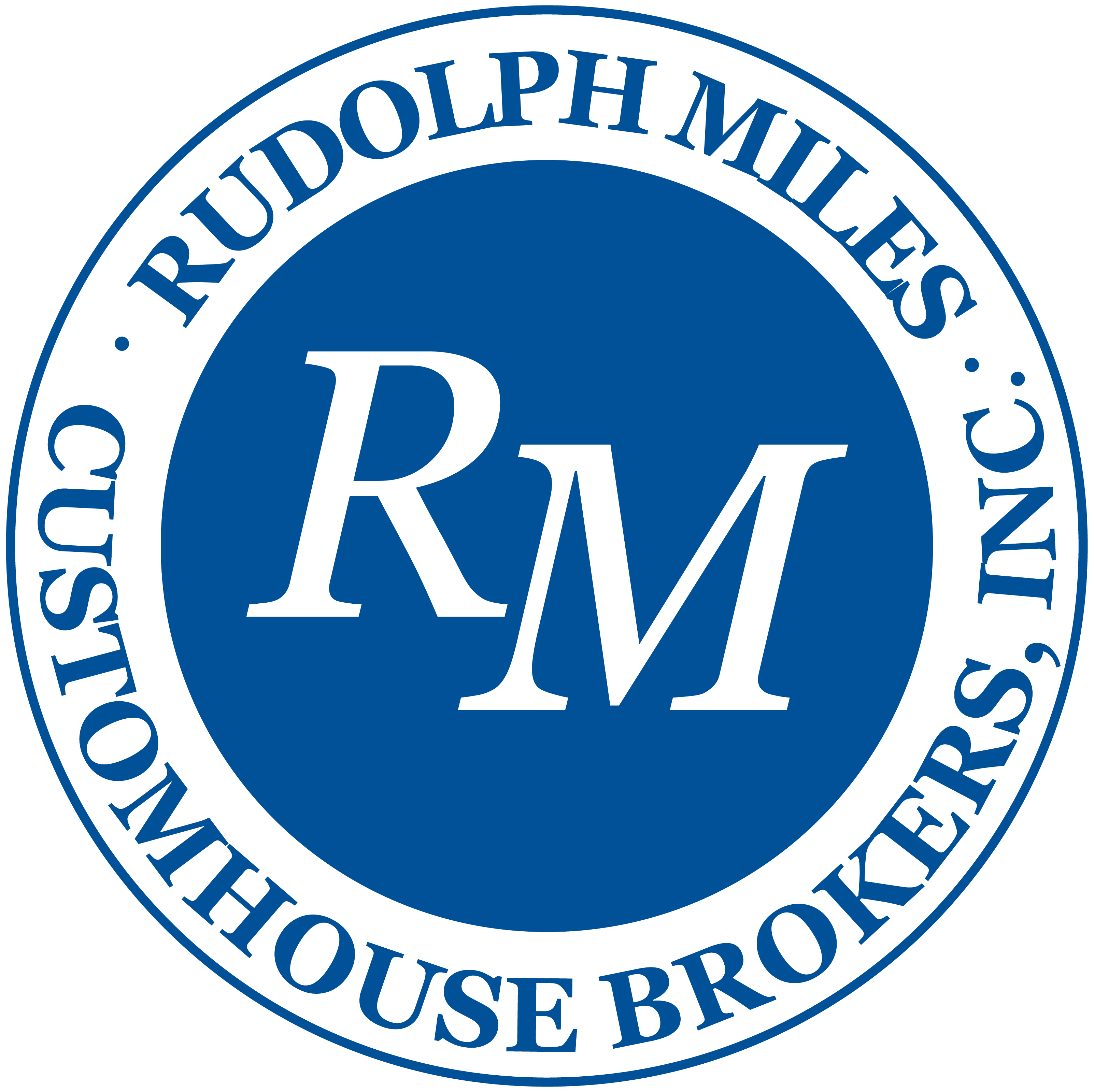
Customs Transactions and Customs Brokers
Customs transactions are best handled by a customs broker. A customs broker is the point of contact for any business involved with importing goods with the U.S. Customs Service. They advise the company on the various requirements pertaining to importing. These include preparing and filing entry documents, obtaining necessary bonds, depositing U.S. import duties, securing release of the goods and arranging delivery to the importer.
Additionally, the broker is responsible for working with customs in order to determine the appropriate rate of duty. They also pursue the appropriate administrative remedies as needed. When it comes to customs transactions, brokers are important because there are over 200 laws that must be implemented and enforced.
How Customs Transactions Work
Most countries regulate and tax imported goods through the customs duties they impose at their ports of entry. There are six methods that are designed to determine the value of the products being imported. Three of them assess the shipment as a single transaction. The others require different means to find the customs value.
The most popular customs transaction is the Transaction Value Method. It uses the total transaction value of the imported goods as stated on the shipment’s invoice which is also the total amount that the buyer paid the seller for the imported goods. In order for this method to be used, there must be documented evidence of a sale between the company that exported the goods and the one importing it. Furthermore, there can be no constraints on the use or sale of the imported products, except those stated in local laws or through geographical constraint.
The amount stated on the invoice is prone to a variety of adjustments. These include those for any commissions or fees. However, adjustments do not contain any costs that may be incurred after the products are imported. These include construction, assembly, or duties.
Be aware that the transaction method cannot be used if the buyer and seller are related. Exceptions can be made if the familial relationship has no impact on the price of the goods. Also, if the transaction value seems accurate based on an assessment of a sampling of the shipment.
If your import/export company is located in the El Paso area and you are in need of assistance with customs transactions, contact RM Custom House Broker. With a combined experience of over 60 years, they have the ways and means to get your shipments through.

